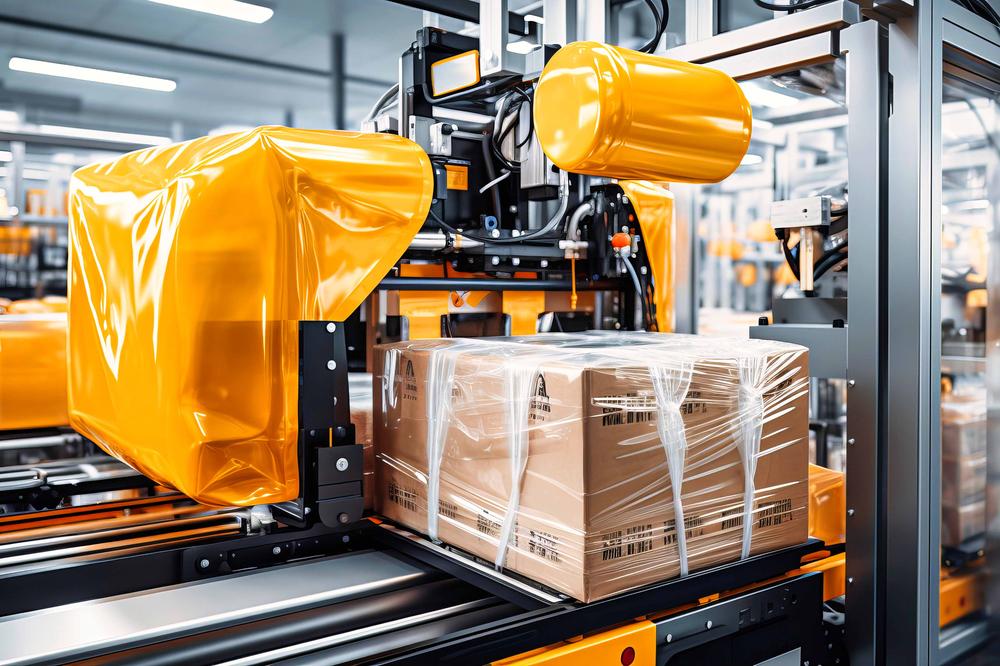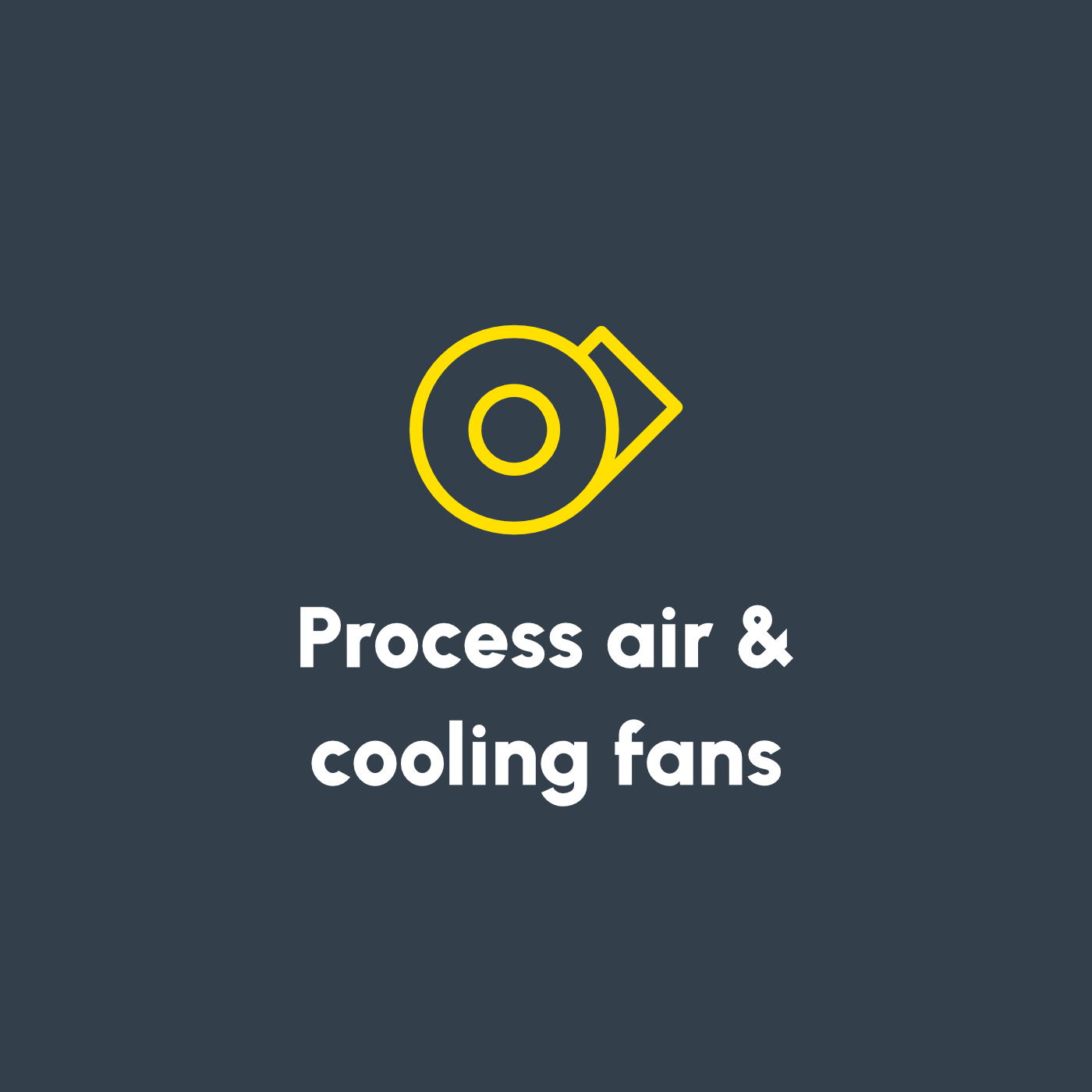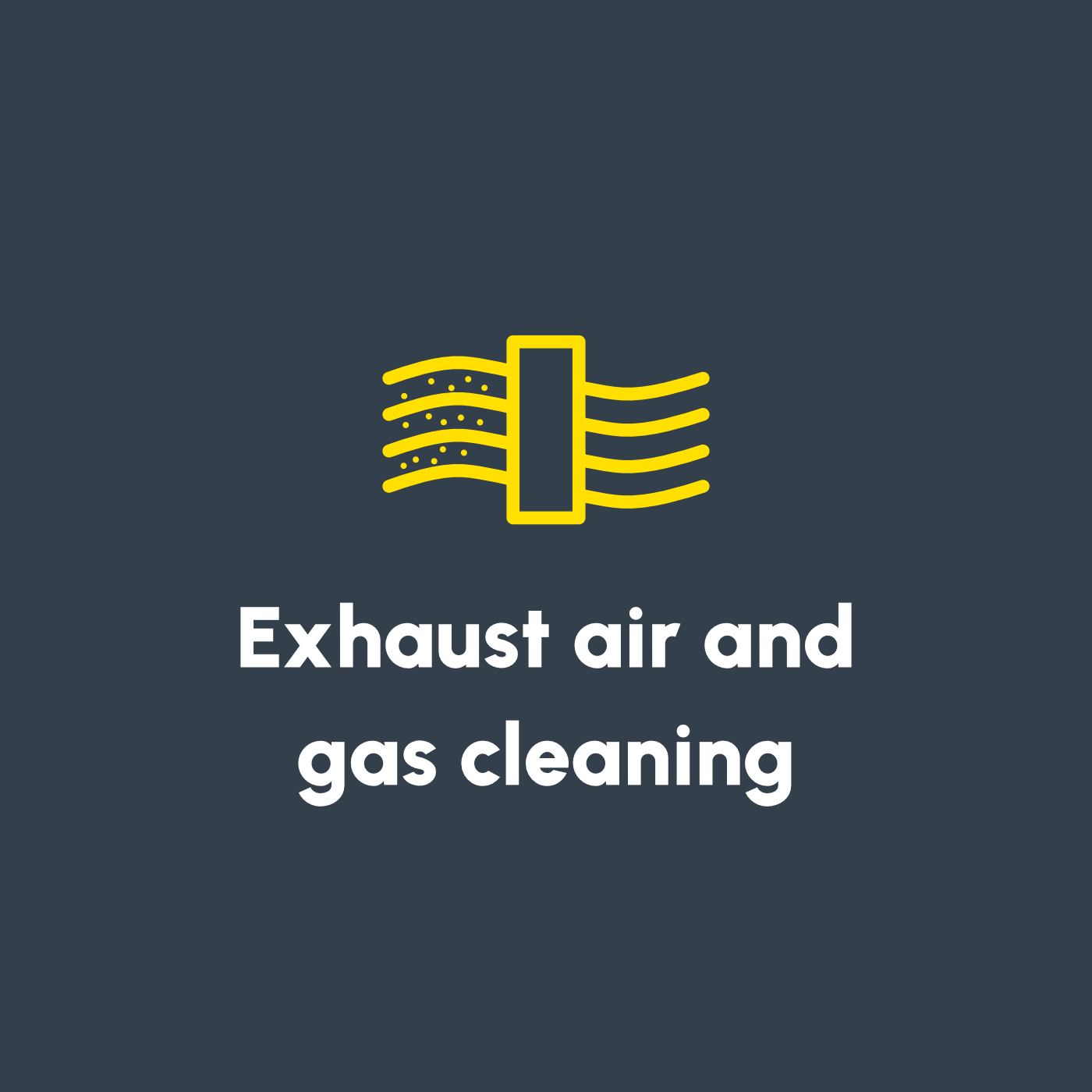
The B2B platform for the best purchasing descision. Identify and compare relevant B2B manufacturers, suppliers and retailers
Close
Filter
Result configuration
Continents
Select continent
Locations
Result types
Company type
Select company type
Industries
Select industry
Company status
Select company status preset
Number of employees
Min.
Max.
Founding year

GAS POWER CO.,LTD
Seoul, South Korea
A
11-50 Employees
2006
Key takeaway
The company emphasizes its commitment to innovative product development and engineering services, which could relate to the effectiveness and efficiency of industrial fans.
Reference
Core business
가스파워 | IR Turbo Compressor
IR Turbo Compressor
Free Cool Systems .com
Seoul, South Korea
A
251-500 Employees
1989
Key takeaway
The company emphasizes its commitment to providing a suitable indoor environment through the use of energy-efficient and eco-friendly air conditioning systems, which could be relevant for those interested in industrial fans. Their innovative technology and global after-sales support ensure reliable and sustainable solutions for climate control.
Reference
Core business
Free Cool Systems | Home
SEDA Filter
Busan, South Korea
A
11-50 Employees
1988
Key takeaway
SEDA Filter is a leading manufacturer of high-quality air filters, including industrial fan filters, with over 35 years of experience in critical filter design and engineering. They provide tailored filtration solutions for various industries, ensuring long-lasting performance that maximizes machinery lifespan.
Reference
Core business
Industrial Engine&Turbine and Compressor Air Filter | Seda Filter
SEDA Filter works to provide high quality OEM filters for a variety of brands. Hyundai Himsen and MAN Diesel & Turbo marine engine filters. Gas turbine air intake filter, Industrial air filter manufacturers and Turbo compressor air intake filter.
Looking for more accurate results?
Find the right companies for free by entering your custom query!
25M+ companies
250M+ products
Free to use

Mirae Automation
Busan, South Korea
A
1-10 Employees
1998
Key takeaway
The company specializes in the engineering, design, manufacture, and installation of pneumatic, hydraulic, and vacuum systems for various industrial sectors, which directly relates to the efficiency and productivity of operations. Their focus on expanding distribution and securing overseas production indicates a commitment to enhancing their market presence and service capabilities.
Reference
Service
Future automation co.
Hydraulic Tester, Actuator Tester, Hydraulic System, Vacuum System, Pneumatic System
Technologies which have been searched by others and may be interesting for you:
A selection of suitable products and services provided by verified companies according to your search.

Product
Centrifugal fans
Go to product

Product
Process air & cooling fans
Go to product

Product
Extraction fans
Go to product

Product
Drying fans
Go to product
A selection of suitable use cases for products or services provided by verified companies according to your search.

Use case
Enhancing Environmental Safety in Manufacturing Facilities
Chemical Manufacturing, Metal Fabrication, Waste Management, Power Generation, Food Processing
In manufacturing facilities, particularly those involving chemical processes or heavy machinery operations, the release of exhaust air and gases containing pollutants poses significant environmental and health risks. To mitigate these risks and ensure regulatory compliance, the implementation of an exhaust air and gas cleaning fan system is crucial. The primary objective of deploying an exhaust air and gas cleaning fan is to effectively remove harmful pollutants, particulate matter, and contaminants from the air emitted during industrial processes. By doing so, the system helps maintain clean air quality in the surrounding environment and minimizes the impact of industrial activities on human health and the ecosystem. 1. Pollutant Capture: The fan system is equipped with efficient filtration mechanisms designed to capture a wide range of pollutants and particulate matter suspended in the exhaust air and gases. 2. Gas Scrubbing: Specialized scrubbers integrated into the system target gaseous pollutants, such as sulfur dioxide, nitrogen oxides, and volatile organic compounds (VOCs), through chemical reactions or absorption processes. 3. Particulate Removal: High-performance filters, including HEPA (High-Efficiency Particulate Air) filters, effectively trap fine particles and dust, preventing their release into the atmosphere. 4. Variable Speed Control: The fan's variable speed control feature allows for precise adjustment of airflow rates and suction power, ensuring optimal pollutant capture and energy efficiency. 5. Monitoring and Control System: An advanced monitoring and control system continuously tracks air quality parameters, such as pollutant concentrations and pressure differentials, providing real-time data for system optimization and regulatory compliance. 6. Automatic Alarm and Shutdown: The system is equipped with automatic alarm triggers that notify operators of any deviations from preset air quality standards. In critical situations, such as filter saturation or system malfunctions, the fan can initiate an automatic shutdown to prevent the release of contaminated air. 7. Remote Monitoring and Maintenance: Remote access capabilities enable facility managers to monitor system performance, conduct diagnostics, and schedule maintenance tasks from a centralized control center or mobile device, enhancing operational efficiency and minimizing downtime.

Use case
Enhancing Environmental Safety in Manufacturing Facilities
Chemical Manufacturing, Metal Fabrication, Waste Management, Power Generation, Food Processing
In manufacturing facilities, particularly those involving chemical processes or heavy machinery operations, the release of exhaust air and gases containing pollutants poses significant environmental and health risks. To mitigate these risks and ensure regulatory compliance, the implementation of an exhaust air and gas cleaning fan system is crucial. The primary objective of deploying an exhaust air and gas cleaning fan is to effectively remove harmful pollutants, particulate matter, and contaminants from the air emitted during industrial processes. By doing so, the system helps maintain clean air quality in the surrounding environment and minimizes the impact of industrial activities on human health and the ecosystem. 1. Pollutant Capture: The fan system is equipped with efficient filtration mechanisms designed to capture a wide range of pollutants and particulate matter suspended in the exhaust air and gases. 2. Gas Scrubbing: Specialized scrubbers integrated into the system target gaseous pollutants, such as sulfur dioxide, nitrogen oxides, and volatile organic compounds (VOCs), through chemical reactions or absorption processes. 3. Particulate Removal: High-performance filters, including HEPA (High-Efficiency Particulate Air) filters, effectively trap fine particles and dust, preventing their release into the atmosphere. 4. Variable Speed Control: The fan's variable speed control feature allows for precise adjustment of airflow rates and suction power, ensuring optimal pollutant capture and energy efficiency. 5. Monitoring and Control System: An advanced monitoring and control system continuously tracks air quality parameters, such as pollutant concentrations and pressure differentials, providing real-time data for system optimization and regulatory compliance. 6. Automatic Alarm and Shutdown: The system is equipped with automatic alarm triggers that notify operators of any deviations from preset air quality standards. In critical situations, such as filter saturation or system malfunctions, the fan can initiate an automatic shutdown to prevent the release of contaminated air. 7. Remote Monitoring and Maintenance: Remote access capabilities enable facility managers to monitor system performance, conduct diagnostics, and schedule maintenance tasks from a centralized control center or mobile device, enhancing operational efficiency and minimizing downtime.
When delving into the industrial fan industry in South Korea, several critical factors warrant consideration. The country is known for its stringent regulations regarding energy efficiency and environmental protection, which necessitate compliance with local and international standards. Understanding these regulations is essential for any company aiming to enter this market. In terms of challenges, competition is intense, driven by both local manufacturers and international players. Companies must differentiate themselves through innovation and quality to gain market share. Opportunities in the sector are bolstered by the growing demand for energy-efficient and environmentally friendly solutions, spurred by South Korea's commitment to reducing carbon emissions. The competitive landscape includes established firms that dominate the market, but there is room for newcomers offering advanced technology or niche products. Furthermore, as global supply chains evolve and industries increasingly seek reliable partners, South Korea's strategic location in Asia enhances its relevance in the global market. Therefore, thorough research into existing competitors, compliance requirements, and emerging trends is crucial for anyone looking to succeed in the industrial fan industry in South Korea.
Some interesting numbers and facts about your company results for Industrial Fan
| Country with most fitting companies | South Korea |
| Amount of fitting manufacturers | 4 |
| Amount of suitable service providers | 2 |
| Average amount of employees | 11-50 |
| Oldest suiting company | 1988 |
| Youngest suiting company | 2006 |
Some interesting questions that has been asked about the results you have just received for Industrial Fan
What are related technologies to Industrial Fan?
Based on our calculations related technologies to Industrial Fan are Heat Exchangers, Hydraulic & Pneumatic Systems, Industrial Reactors, Industrial Packaging, Industrial Filters
Which industries are mostly working on Industrial Fan?
The most represented industries which are working in Industrial Fan are Other, Electronics and Electrical engineering, Manufacturing
How does ensun find these Industrial Fan Manufacturers?
ensun uses an advanced search and ranking system capable of sifting through millions of companies and hundreds of millions of products and services to identify suitable matches. This is achieved by leveraging cutting-edge technologies, including Artificial Intelligence.